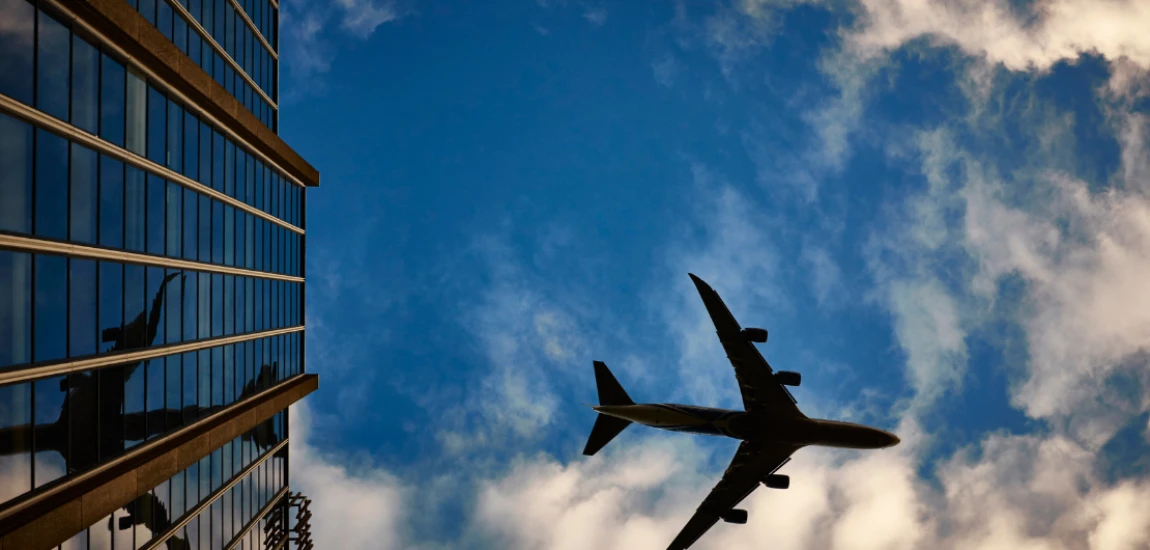
When travelers spend thousands of dollars on a premium cabin ticket—be it First, Business, or even a premium economy seat—they expect something beyond basic transportation. But what justifies that cost? Is it the spacious, lie-flat seat with privacy doors and ample legroom, or is it the service—the soft product—offered by flight attendants, the catering, and the attention to detail?
This debate between the soft product (service-related features) and hard product (physical seat and onboard amenities) has been ongoing in aviation circles for years. The question isn't philosophical—it's economic, strategic, and brand-defining for airlines.
To explore this, we examine verifiable data from customer satisfaction reports, airline rankings like Skytrax and APEX, passenger reviews, and loyalty program behavior. The results? Surprising, nuanced, and game-changing—especially for airlines competing in premium cabin markets.
Take, for example, Singapore Airlines and Qatar Airways—two airlines known for stellar service. Both have invested in top-notch seats, but much of their acclaim stems from their attentive cabin crews, onboard dining, and overall service ethos. Meanwhile, other carriers with state-of-the-art seats, like Lufthansa or British Airways, have lagged in perception due to inconsistent service delivery.
This blog isn't about hypothetical musings; it's grounded in hard industry facts, customer feedback, and commercial aviation data. Whether you’re a frequent flier, an airline executive, or just a travel enthusiast, understanding what truly defines the premium experience is key to knowing how airlines succeed—or fail—in attracting and retaining high-value passengers.
In the next sections, we’ll unpack why the soft product is increasingly seen as the differentiator in an era when seats are becoming commoditized. We’ll also explore the measurable impact of soft product features on passenger loyalty, ticket pricing, and airline ratings.
Airline seating—the “hard product”—has seen revolutionary changes in the last two decades. From cramped recliners to fully flat beds with direct aisle access, particularly in business class, the advancements have been dramatic. But have these enhancements reached a saturation point?
The reality is: the seat alone is no longer a competitive differentiator.
Let’s consider the 2007 debut of the Singapore Airlines A380 Suite. It was a groundbreaking product with enclosed privacy, luxurious bedding, and personal space akin to a hotel room. But by 2020, even budget carriers began offering competitive lie-flat options. Emirates, Qatar Airways, ANA, and even JetBlue followed suit with industry-leading hard products.
Airline seat design has hit a plateau. Modern lie-flat seats with doors (e.g., Qsuite by Qatar or British Airways’ Club Suite) are becoming increasingly standardized. The race has shifted from who has lie-flat seats to who delivers a better overall experience with those seats.
According to a 2023 SeatGuru and Skytrax analysis:
Over 65% of major global carriers now offer full-flat beds in business class.
42% of airlines have privacy doors.
Yet, satisfaction gaps persist—indicating seat quality alone isn’t the driver of premium value.
Moreover, airlines face challenges with cabin consistency. Aircraft variations within the same airline often lead to unpredictable experiences. A passenger may book the same route on Qatar Airways but receive different seats based on aircraft rotation (Qsuite vs. 2-2-2 configurations).
This inconsistency weakens the value of the hard product and increases reliance on soft product quality to elevate the experience.
While seat comfort and innovation remain crucial, airlines are discovering that what surrounds the seat—how passengers are treated, how meals are served, how issues are handled—can make or break perceptions.
The conclusion? The hard product is becoming table stakes, especially in competitive regions. Airlines must differentiate through experience—and that experience is delivered through the soft product.
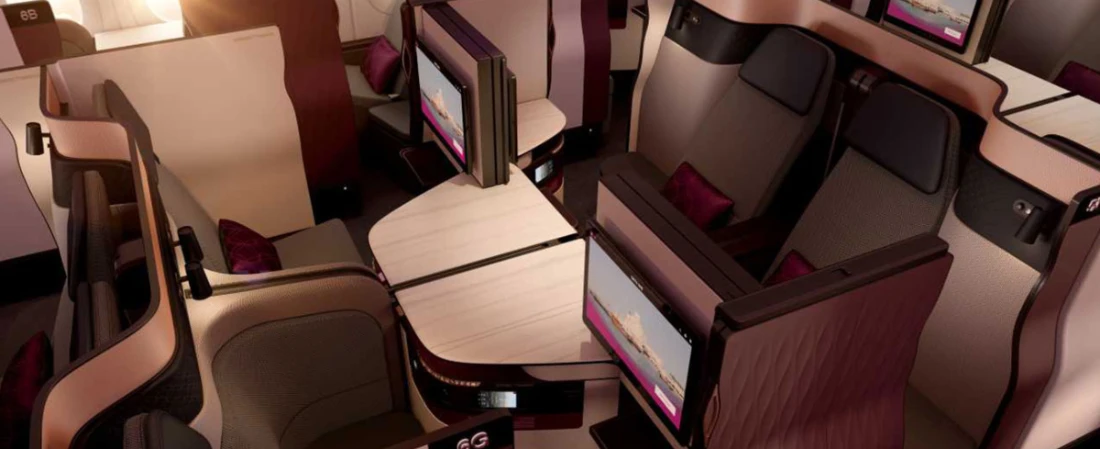
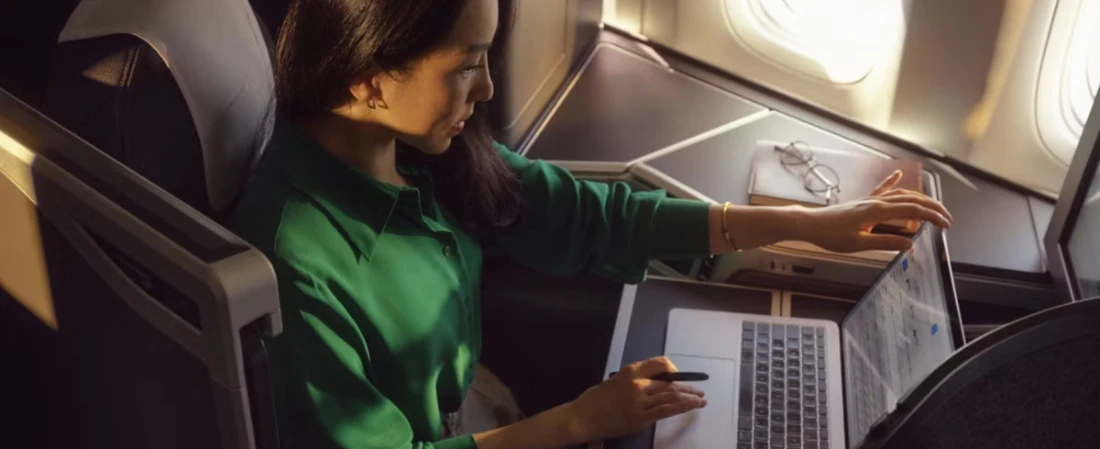
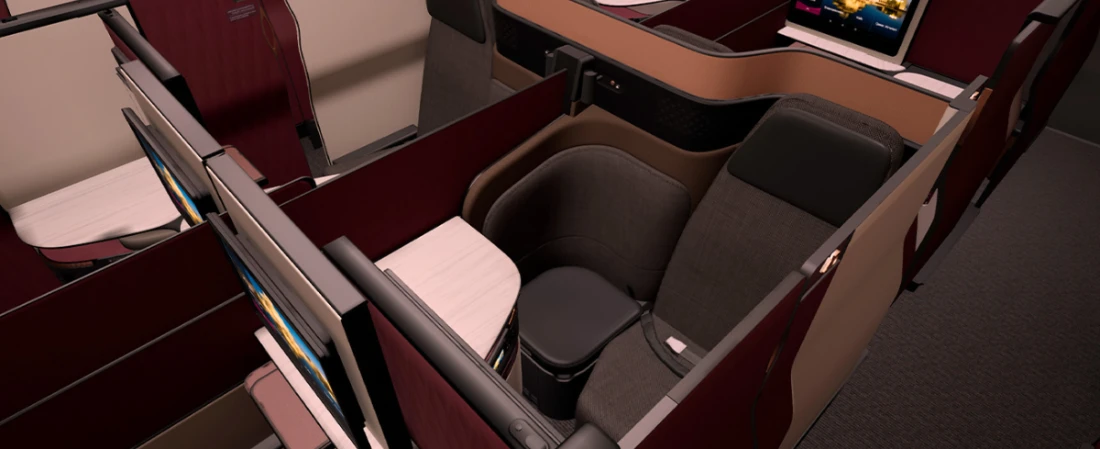
So what is the soft product, exactly? In the airline industry, it refers to non-physical elements that shape the passenger experience. This includes:
Cabin crew attentiveness and professionalism
Onboard catering (meals, drinks, special requests)
Amenity kits and bedding quality
Personalization and service consistency
Communication, issue resolution, and empathy
The impact of these elements is substantial.
A 2022 McKinsey travel sentiment survey showed:
57% of premium flyers value service quality over seat comfort.
43% cited poor soft product delivery as the main reason for not rebooking with a carrier.
Airlines with high crew satisfaction (Singapore Airlines, Qatar Airways, ANA) consistently topped passenger ratings.
Further, Skytrax’s 2023 Top 10 Airlines list awarded more points to soft product categories (service, food, comfort kits) than hard product categories in its final scoring.
Let’s look at examples.
Qatar Airways’ Qsuite is lauded not just for its seat, but because flight attendants offer dine-on-demand, personalize your meals, and proactively offer comfort kits. Singapore Airlines’ “Book the Cook” service lets passengers pre-order gourmet meals before flying—a soft product initiative that’s led to high customer loyalty.
Compare that to American or European carriers with identical seat types, but inconsistent or indifferent service, and you’ll see why the soft product matters.
Interestingly, soft product improvements require less capital expenditure compared to seat upgrades. Enhancing crew training, improving meal options, or investing in better amenity kits can cost less and yield better passenger satisfaction.
Airlines like Turkish Airlines and EVA Air have excelled not by redesigning cabins, but by perfecting hospitality, cuisine, and cultural service touchpoints.
This underscores a critical reality: you can’t “hardware” your way out of a bad experience. No matter how luxurious the seat, poor service can tarnish the entire journey.
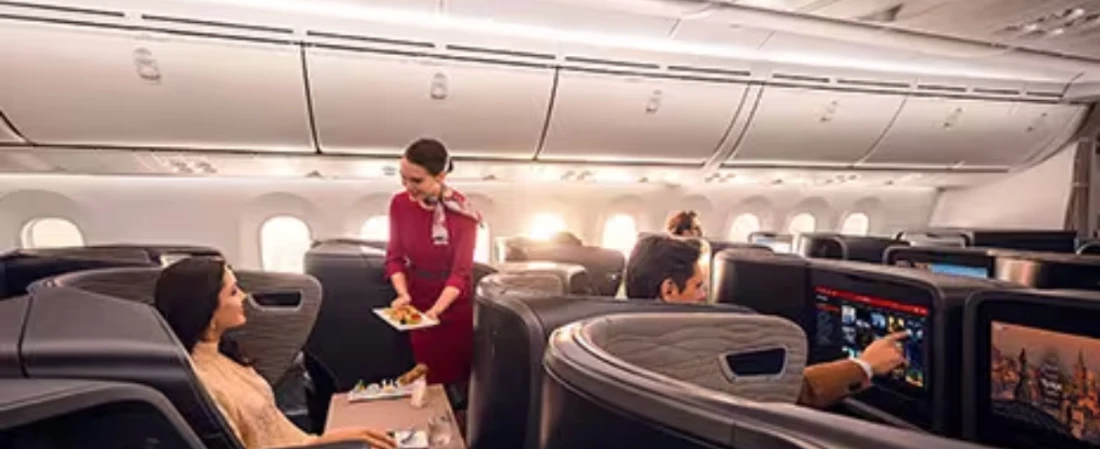
The aviation industry doesn’t run on assumptions—it runs on metrics. So let’s look at the quantifiable impact of soft product quality on loyalty, pricing, and reputation.
Data from IATA and airline loyalty programs reveal:
Frequent flyers are 68% more likely to remain loyal to an airline because of service consistency than seat type.
Soft product features (recognition by name, dietary awareness, cultural empathy) directly affect repeat bookings.
Airlines with strong soft product ratings see a 20–30% higher rebooking rate in premium classes.
For instance, Delta’s high-end Delta One service improved loyalty when it enhanced its food and service consistency—even though the seat remained unchanged.
Economics matter. Airlines with superior soft product delivery command higher average ticket prices for the same routes.
Singapore Airlines charges 10–15% more for its business class tickets on average compared to competitors on the same routes.
Emirates and Qatar maintain pricing premiums despite increasing competition, mainly due to their exceptional service records.
Brand value correlates with service perception. In 2023, Brand Finance ranked the top airline brands globally based on both physical product and emotional resonance.
Soft product strength contributed over 60% of brand perception weight.
Airlines investing in personalized service (e.g., ANA, Emirates, Cathay Pacific) consistently ranked higher than those relying on hardware alone.
The reputational damage from a poor soft product is also steeper. A misstep in service (delayed response, rude behavior, bad food) travels faster on social media than a tight seat does.
Passengers expect great seats. But they remember great service—and share it, review it, and reward it.
The post-pandemic aviation world has shown a stark shift: travelers now prioritize empathy, flexibility, and care over sheer luxury. As travel resumed, passengers looked not just for lie-flat comfort but for human connection, cleanliness, and consistency—the core of soft product excellence.
Delta launched “Elevated Service” training modules for all cabin crew in 2023.
Emirates invested over $2 billion in soft product upgrades—amenity kits, meal services, and hospitality enhancements.
Air New Zealand introduced a “care crew” concept to provide specialized attention on long-haul flights.
These are all soft product investments, not cabin redesigns.
According to a 2023 Expedia study:
49% of business travelers consider service reputation over aircraft model when booking.
62% of leisure premium travelers prefer consistent service over advanced tech onboard.
Airlines like Oman Air, Japan Airlines, and Turkish Airlines have capitalized on this shift—gaining praise not because they offer the latest seats, but because of their outstanding service culture.
Soft product also includes cleanliness protocols, health safety, and eco-conscious packaging—all of which have become key differentiators post-COVID.
In fact, Turkish Airlines and Qatar Airways both rose in global rankings in part due to enhanced cabin cleanliness and meal safety protocols—a soft product move that influenced flyer trust.
Airlines now use AI for personalized greetings, predictive meal loading based on passenger history, and proactive service. Lufthansa and Emirates are already beta-testing such soft product enhancements.
This hybrid of human service and technology is shaping a future where seat design is static, but the soft product is dynamic and adaptable.
In today’s increasingly competitive premium travel market, the verdict is clear: the soft product outweighs the hard product when it comes to passenger satisfaction, loyalty, and brand differentiation.
Airlines once competed on seats. Now, they compete on experiences. When travelers recall a flight, they’re more likely to remember the kindness of a flight attendant, the surprise of an extra dessert, or the comfort of being addressed by name than the angle of recline.
This doesn’t mean the seat is irrelevant—far from it. But a good seat is expected, while excellent service still surprises.
The most successful airlines have recognized this shift. They’ve stopped treating service as an add-on and instead made it the core of their value proposition. The data backs this up—loyalty, yield, and satisfaction rise sharply when soft product is prioritized.
Moreover, in an age where cabin innovation is expensive and quickly replicated, the soft product remains a sustainable competitive edge. It is scalable through training, adaptable to feedback, and capable of evoking emotion—something a seat can rarely do on its own.
For travelers, the takeaway is simple: if you're paying a premium, don’t just look at the seat pitch—look at the airline's service track record. For airlines, the imperative is clear: invest in your people, your hospitality, and your service systems. That’s where the true battle for hearts, minds—and wallets—is being fought.
In the end, air travel is a service business, not just a transportation mechanism. And in service, it’s not the steel that wins—but the smile.
Lina Zhou is a globe-trotting travel writer from Chengdu, China. With a passion for hidden gems and cross-cultural experiences, she shares practical tips, visa guidance, and immersive stories from every corner of the world. When not exploring, she’s sipping tea while planning her next adventure.